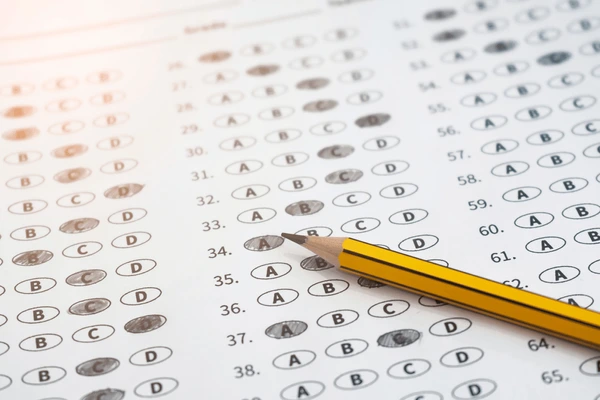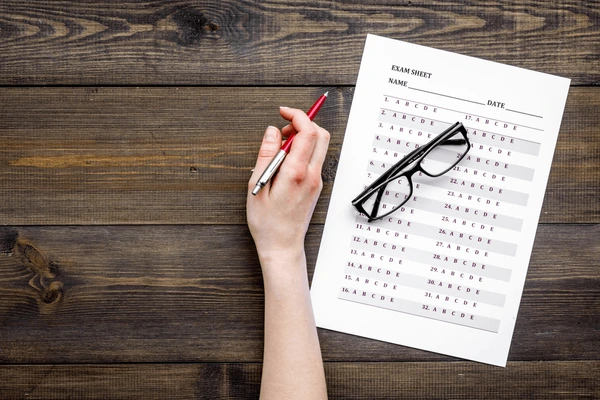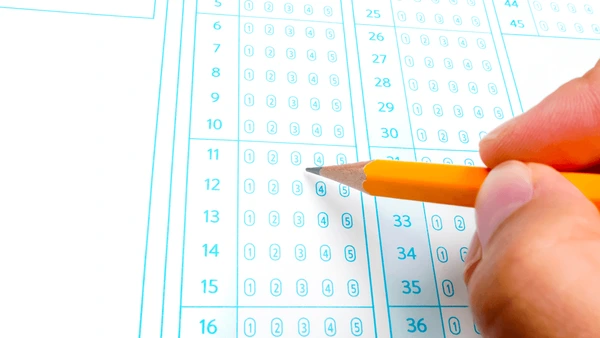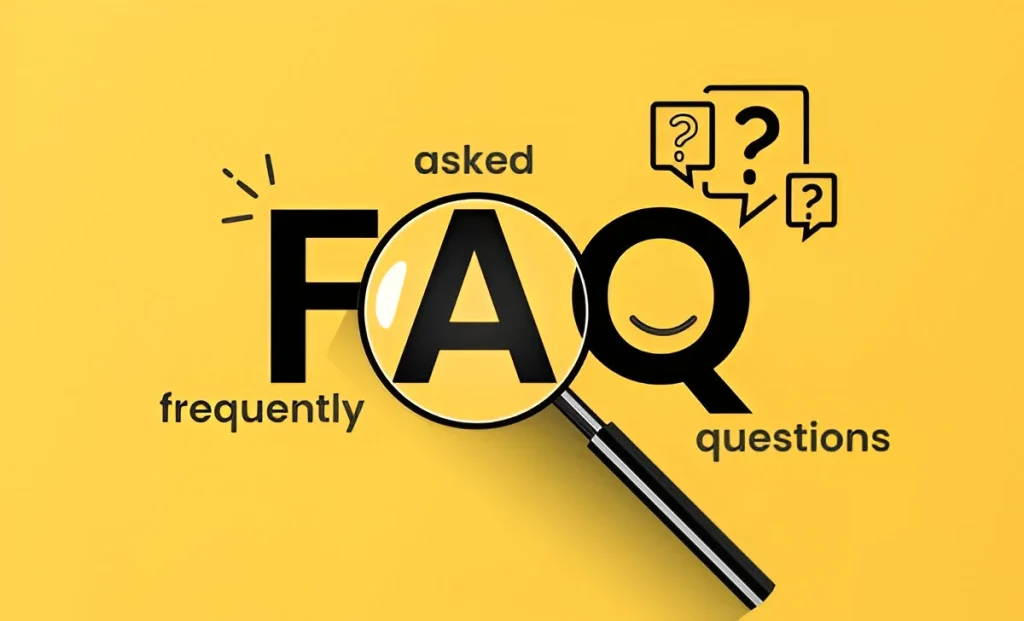
11 October, 2025
Discover how mock tests build exam confidence, improve time management, and enhance performance with insights from a reputed coaching institute.
Exams are not just a test of knowledge — they’re a test of composure, timing, and preparation. Even the most dedicated student can experience anxiety and underperform if they haven’t experienced real exam conditions. This is where mock tests play a crucial role.
Mock tests act as a rehearsal before the actual performance. They help students understand question patterns, identify weaknesses, and build confidence to face the real challenge. When done consistently, they not only improve scores but also instill a sense of calm and readiness that’s essential for success.

Mock tests are designed to simulate the exact experience of a real examination. They mirror question styles, time constraints, and marking schemes. But beyond assessment, they provide a psychological edge that transforms nervousness into confidence.
Mock tests serve multiple purposes:
These benefits combined create a complete preparation loop — learning, applying, assessing, and improving.
Confidence doesn’t come from luck — it comes from repeated, meaningful practice. Mock tests create exam-like pressure in a controlled setting, allowing students to get comfortable with discomfort.
When the brain experiences similar stress conditions multiple times, it learns how to respond better. This psychological training helps students stay composed and focused when it truly matters.
Key confidence-building factors from mock tests include:
The more often a student takes mock tests, the stronger their psychological resilience becomes.
Preparation without structure can lead to burnout or poor retention. Regular mock tests enforce discipline and consistency. They create checkpoints for students to measure progress, ensuring continuous improvement rather than last-minute panic.
Some benefits of integrating mock tests into weekly study schedules include:
Mock tests are not just for testing knowledge — they train the mindset of a winner.

After every mock test, students can analyze their performance to identify specific problem areas. This targeted feedback makes subsequent study sessions more effective.
Managing limited time is one of the toughest challenges in exams. Mock tests help students practice pacing — deciding how long to spend on each section and when to move forward.
Repeated practice under timed conditions refines both accuracy and speed. Students learn to answer smartly, avoiding unnecessary errors.
Mock tests teach students how to approach different question types strategically. Whether it’s multiple-choice, case study, or descriptive questions, strategy matters as much as knowledge.
Every successful mock attempt reinforces the belief that success in the real exam is achievable. Confidence grows naturally with every test completed.

Even though mock tests are powerful tools, they must be used correctly to deliver results. Here are a few common mistakes to avoid:
Avoiding these mistakes ensures that mock tests truly serve their purpose.
In today’s digital age, learning is no longer confined to textbooks and lectures. Mock tests have evolved through technology — offering adaptive quizzes, online scoring, and instant analytics.
Modern educational institutes incorporate digital mock tests that provide:
These technological integrations make mock tests smarter, faster, and more student-friendly — fostering better learning outcomes.
A student’s mindset often determines performance more than preparation time. Confidence built through consistent mock testing ensures:
Confidence gives students control over their performance — and mock tests are the perfect tool to nurture it.
To get the most out of mock tests, students should complement them with active learning techniques:
This combination builds both knowledge and confidence — a balanced approach for exam success.
Beyond academic excellence, mock tests nurture qualities that last a lifetime:
These skills go far beyond exams — they prepare students for higher education and professional challenges.

Q1. How often should students take mock tests?
Ideally, once every two weeks during preparation. Closer to exams, increase frequency to weekly tests.
Q2. Do mock tests really improve results?
Yes, consistent practice helps in identifying weaknesses, improving time management, and boosting exam confidence.
Q3. Should I review every mock test result?
Absolutely. Reviewing answers helps understand mistakes and prevents repeating them.
Q4. Can mock tests reduce exam anxiety?
Yes, they familiarize students with exam conditions, reducing fear and improving focus.
Q5. What’s more important — studying or testing?
Both are essential. Studying builds knowledge; testing measures and strengthens it.
Success in exams is not about last-minute cramming — it’s about consistent preparation and steady confidence. Mock tests transform fear into familiarity, confusion into clarity, and hesitation into confidence.
When guided by the Best Commerce Class in Jaipur, students can use these tests not just to predict scores but to perfect their mindset — achieving academic success with calm, focus, and confidence that lasts far beyond the classroom.

27 January, 2026

24 January, 2026

21 January, 2026

16 January, 2026

8 January, 2026

31 December, 2025